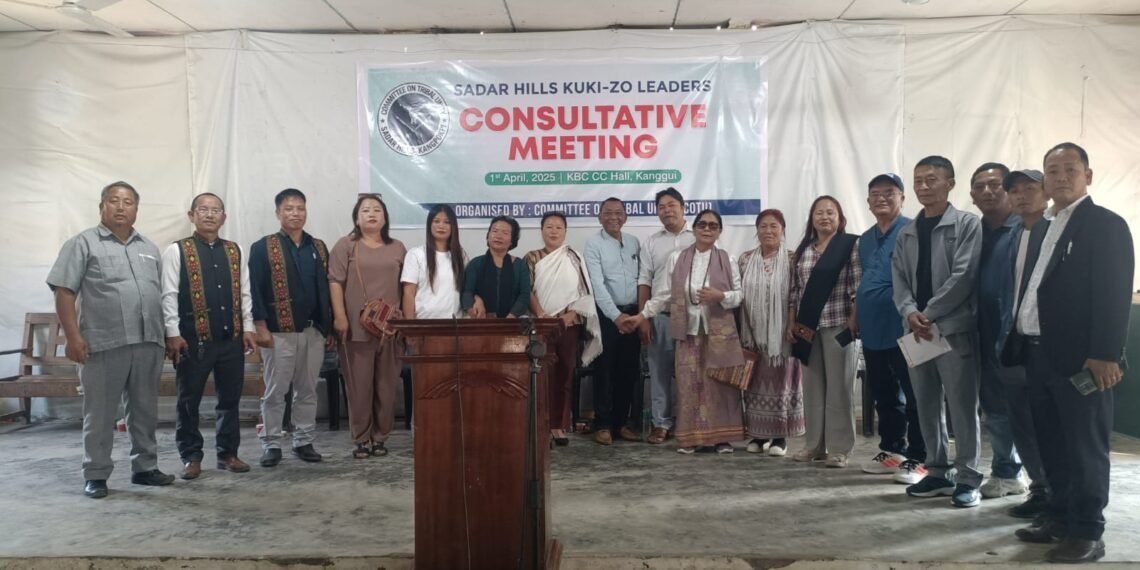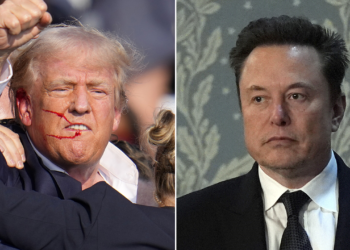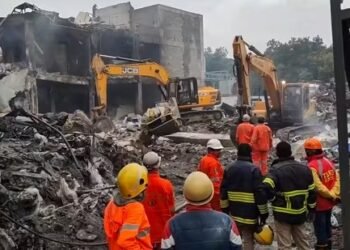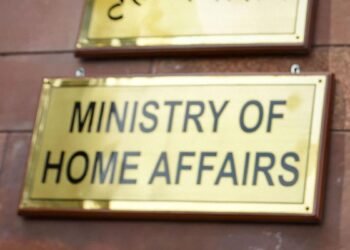The Kuki-Zo leadership has laid down three non-negotiable conditions for a ceasefire, including a ban on cross-movement and a structured dialogue. With resistance from the VVCC and growing tensions, the upcoming negotiations could be a turning point for the conflict.
BY PC Bureau
In a crucial development ahead of the scheduled peace talks on April 5, the Kuki-Zo leadership in Sadar Hills, Kangpokpi District, has unanimously laid down three non-negotiable preconditions for any cessation of hostilities. The announcement was made during a high-level consultation meeting convened by the Committee on Tribal Unity (CoTU) at the KBC Centre Church Hall, Kangpokpi.
The meeting saw wide participation from major Kuki-Zo organizations, including the Kuki-Zo Council, the Sadar Hills Chiefs’ Association, Kuki Inpi, student bodies, women’s organizations, and tribal representatives. Intellectuals, social activists, and key community figures also joined the discussions to shape the path forward.
Also read: SC Upholds Right to Shelter, Penalizes Prayagraj Authority
The Three Preconditions for Ceasefire:
-
No Cross-Movement: A strict prohibition on the movement of Meitei individuals into Kuki-Zo-dominated areas and vice versa.
-
Structured Dialogue: A meaningful and formalized dialogue must commence during the ceasefire period.
-
Six-Month Ceasefire: Hostilities must be halted for a minimum period of six months to facilitate negotiations.
This declaration comes in the wake of heightened tensions and previous resistance from the Kuki-Zo community, particularly against Union Home Minister Amit Shah’s call for unrestricted movement between conflicting groups. The presence of the Kuki-Zo Council, the apex representative body of the community, at the consultation underscores the collective stance of Kuki-Zo civil society organizations on this critical issue.
As the Ministry of Home Affairs (MHA) prepares to facilitate peace talks between Kuki-Zo and Meitei representatives on April 5 in New Delhi, sources indicate that the Kuki-Zo leadership has drawn a “firm line,” making it clear that a cessation of hostilities will only be possible if these conditions are met. This firm stance signals potential hurdles on the road to peace and reconciliation.
Let whoever has the heart to feel and whoever has the ears to listen heed the words of Pu Henlianthang Thanglet, Chairman of the Kuki-Zo Council:
1. No Cross-Movement: The movement of Meitei individuals in Kuki-Zo-dominated areas and vice versa will be strictly restricted.
2.… pic.twitter.com/JCFplO6ZmU
— The Proud Indian (@DynastyDoungel) April 1, 2025
VVCC Stand:
The Village Volunteers Coordinating Committee (VVCC), the frontline Kuki-Zo defense group, has outright rejected the MHA’s initiative to broker a ceasefire agreement between the Kuki-Zo Council, Meitei civil organizations, and the government. The VVCC, which consists of armed Kuki-Zo youths, insists that justice must be delivered first and has reiterated its long-standing demand for a separate Union Territory with legislative powers.
Also Read: Kohur Blasts “Selective” AFSPA as a Tool of Suppression
In a recent statement, the VVCC declared it would not recognize any peace agreement that fails to secure a comprehensive political resolution addressing the Kuki-Zo community’s demands. The group warned that if the Kuki-Zo Council signs an agreement that compromises their aspirations, they will take decisive action, including boycotting the council itself.
Calling for unity, the VVCC urged the Kuki-Zo community to stand firm in their pursuit of justice, lasting peace, and self-determination. They emphasized that their demands are rooted in constitutional rights and vowed to continue their struggle until they achieve full recognition and autonomy.
The press statement was issued by the VVCC’s Information & Publicity wing, reinforcing their commitment to defending their ancestral land and freedoms.













